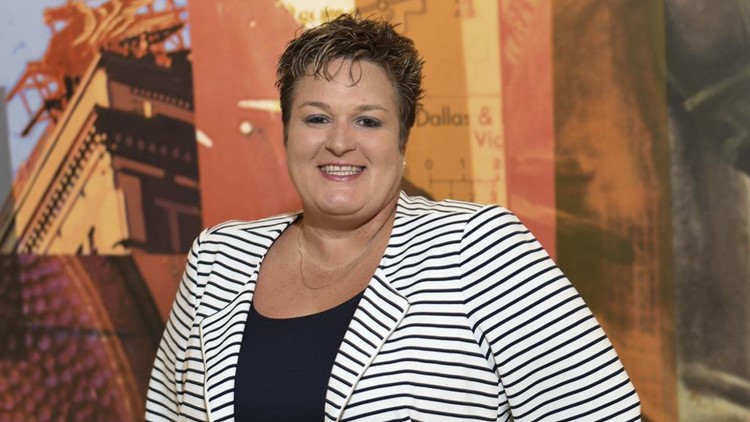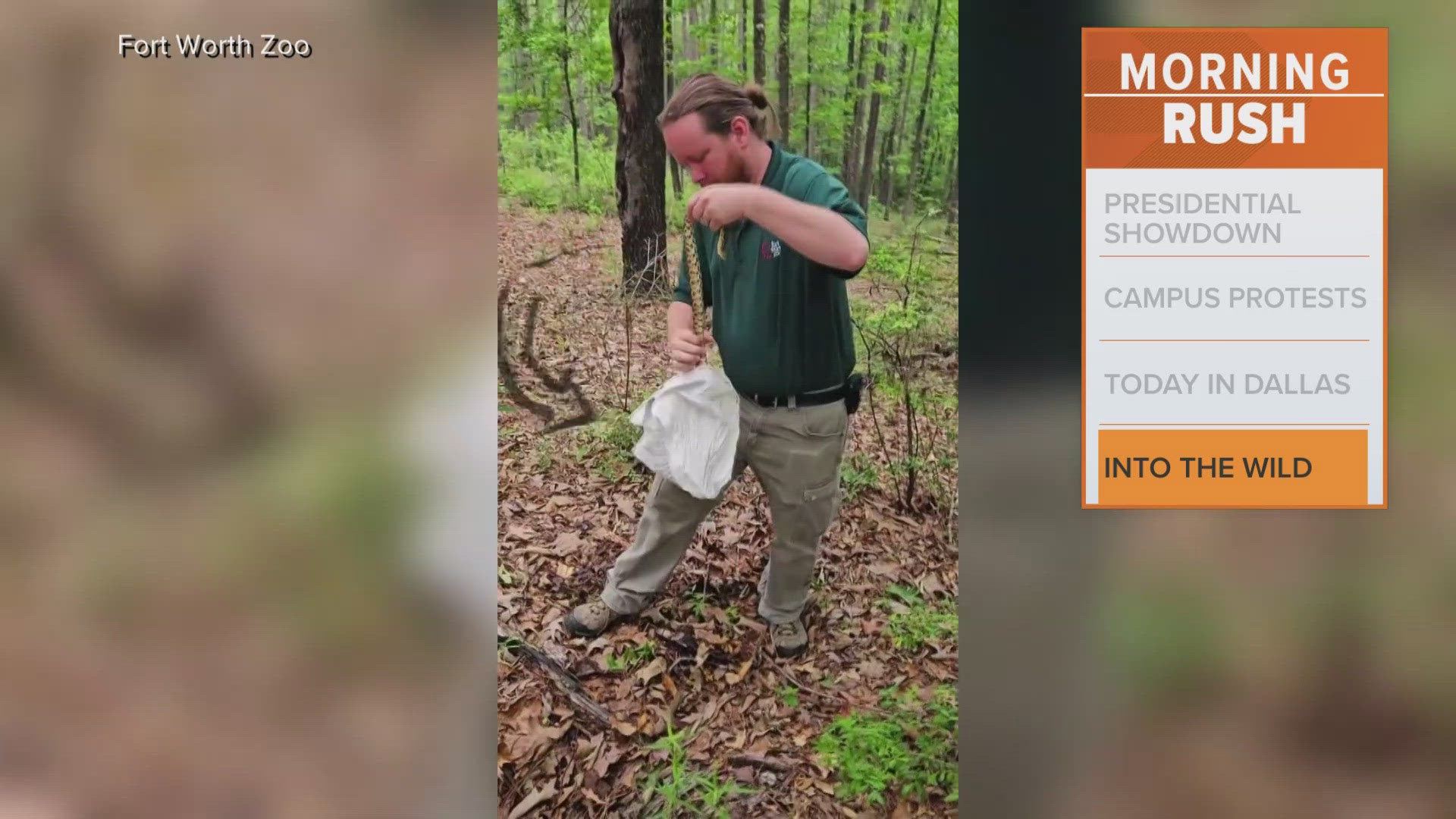DALLAS — Read this story and more North Texas business news from our partners at the Dallas Business Journal
It's a great time to be a sports fan in the Dallas-Fort Worth Metroplex. The Rangers are off to a solid start while the Stars are headed to the playoffs and the Mavericks are riding a hot streak.
But that's just the start. The 2024 Major League Baseball All-Star Game is slated for this summer in Arlington, which is also scheduled to host nine matches in the 2026 FIFA World Cup, more than any other locale. The men's Final Four is set for AT&T Stadium in 2030.
The mastermind behind many of the region's big sporting bids is Dallas Sports Commission Executive Director Monica Paul, a 15-year veteran of sports marketing in DFW. From small, local tournaments to grand prizes like the World Cup, the efforts of Paul and her team have resulted in billions of dollars in economic impact.
Those kinds of successes have a big impact in Dallas, which last year was named the No. 1 city for sports business by Sports Business Journal, a sister publication of DBJ. This year, SBJ ranked Arlington No. 6 in the county for best sports business cities for events, and named Fort Worth No. 1 among cities without a marquee pro team.
And Paul has her sights set on other high-profile events, including one of the biggest parties in American sports.
"I think it'd be very special to see another Super Bowl come back or one that maybe we haven't hosted before like FIFA Women's World Cup or WNBA All-Star Weekend," Paul said.
Paul spoke about her career and the strategy behind such major events on the Texas Business Minds podcast. The whole conversation can be listened to with the player at the top of this article, or on platforms such as Apple Podcasts and Spotify. Below are some excerpts from the interview, which have been edited for brevity and clarity.
Maintaining a full calendar
"One of the goals for us when we're evaluating business and sporting events to come here is 'Can we get them to be an annual event?' ... You’ve got to start somewhere to be able to grow that. So if we can host an event and get them here on an annual basis, we know that that incremental tax dollars and that economic impact on those jobs are going to be created and be there year after year. And then we look to maintain a major event calendar as well, because we still want to be on that cycle and that rotation for the major events."
Measuring the benefits
"We’re very critical and do very significant analysis on the front side when we're bidding on these events in terms of what financially or what types of incentives is it going to take to secure that. By no means are we wanting to exceed the amount that we're spending to get an event here. I do think that there are additional value points that it's hard to put a financial figure on – media value, global recognition, etc. I think one of the other areas that we look at from when we're hosting events is what other benefits outside of economic impact are there for our community?"
World Cup countdown — what's next?
"It's really laying that foundation that we're working on right now. That match schedule is something that we had wished we had about a year ago, because it is very impactful in terms of your safety, security, transportation route — you can have conceptual ideas in your head of 'here's how we think it's going to work best,' but without really knowing that match schedule, you're just going around in circles and creating a lot of plans that you're going to have to redo later.
"Right now, we are really trying to establish our transportation committee and maybe some subcommittees that go along with it so that we can ensure our transportation plan. We've got a sustainability committee that's starting to get kicked off and hone in on a few things. There are human rights committee that will reconnect here over the next month to work on the FIFA framework and what do we want to accomplish? What types of legacies do we want to leave here? Not just from a soccer standpoint and additional fields and programming, but how can we better our communities here?"
DFW's sporting reputation
"I think it has a lot to do with our corporate base here. And the corporations that are wanting to move here to do business are indicative of why it's special to do business here from a sports standpoint as well: the location, the ease of doing business, affordability. There's a lot of sports companies that call DFW home. [And] when we do host major events, we do them big. We usually set various records, and we're trying to kind of go above and beyond. I really think it goes back to the people who are involved in all of our organizations and really take pride in trying to figure out win-win situations."



